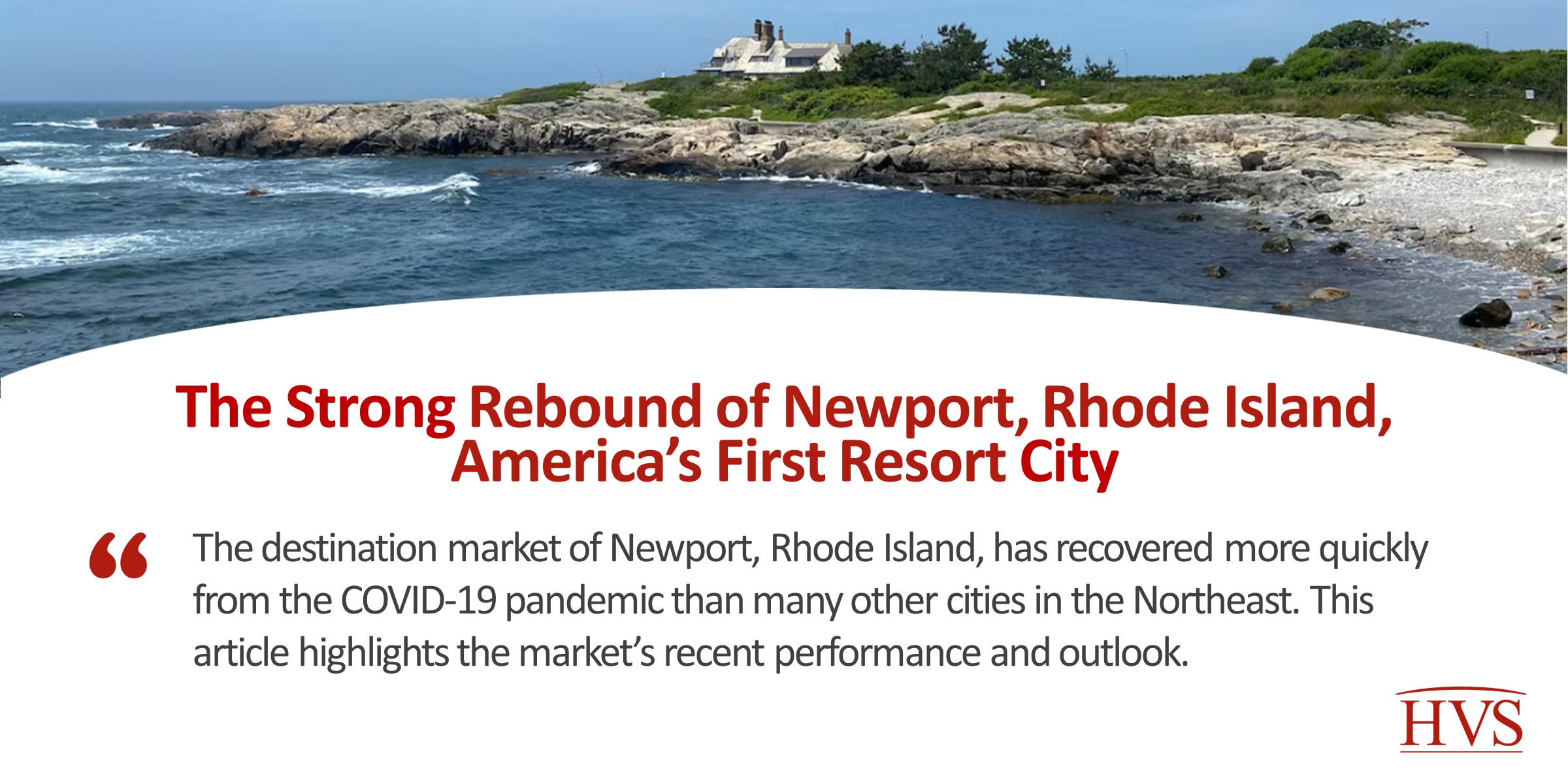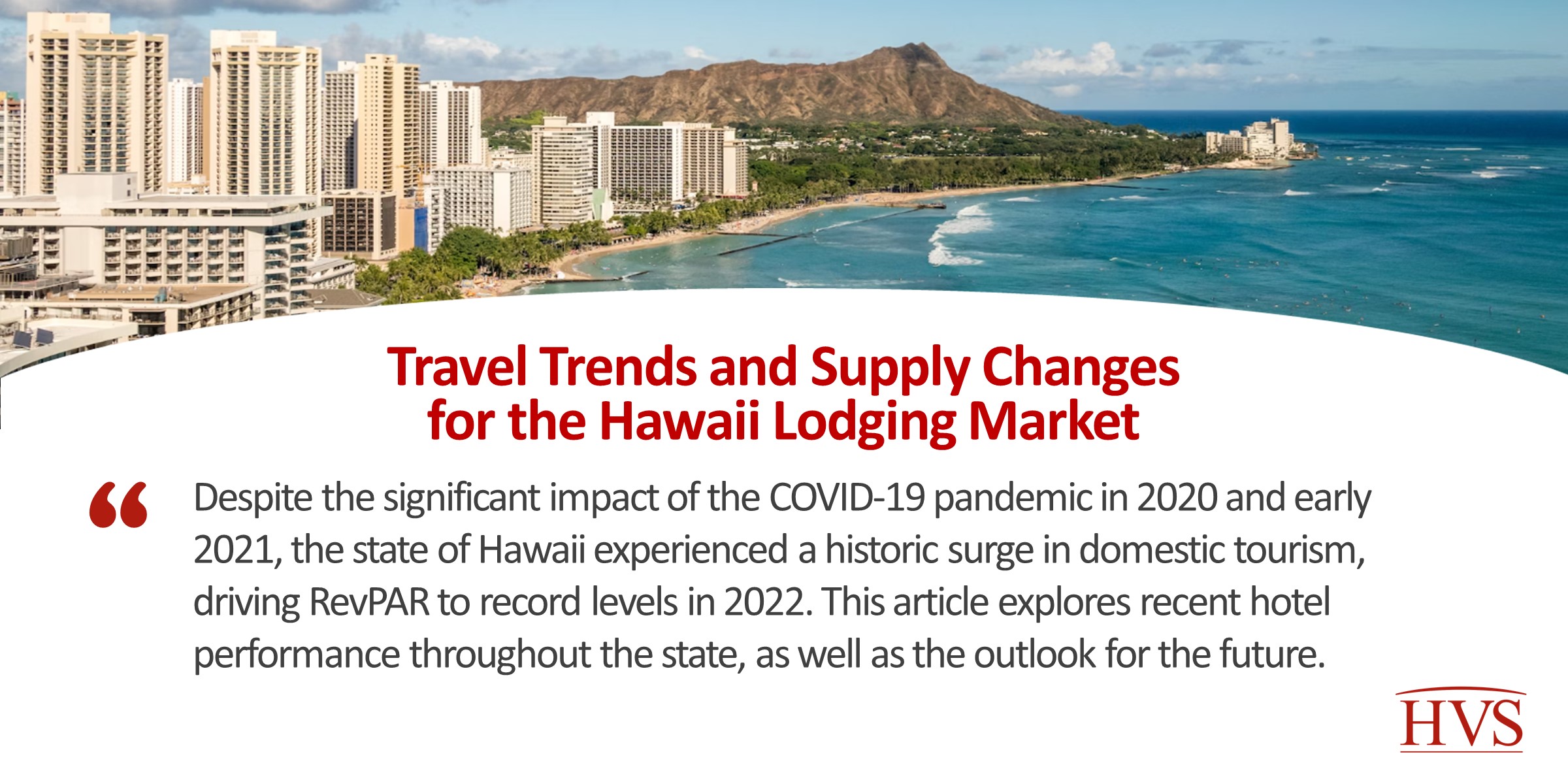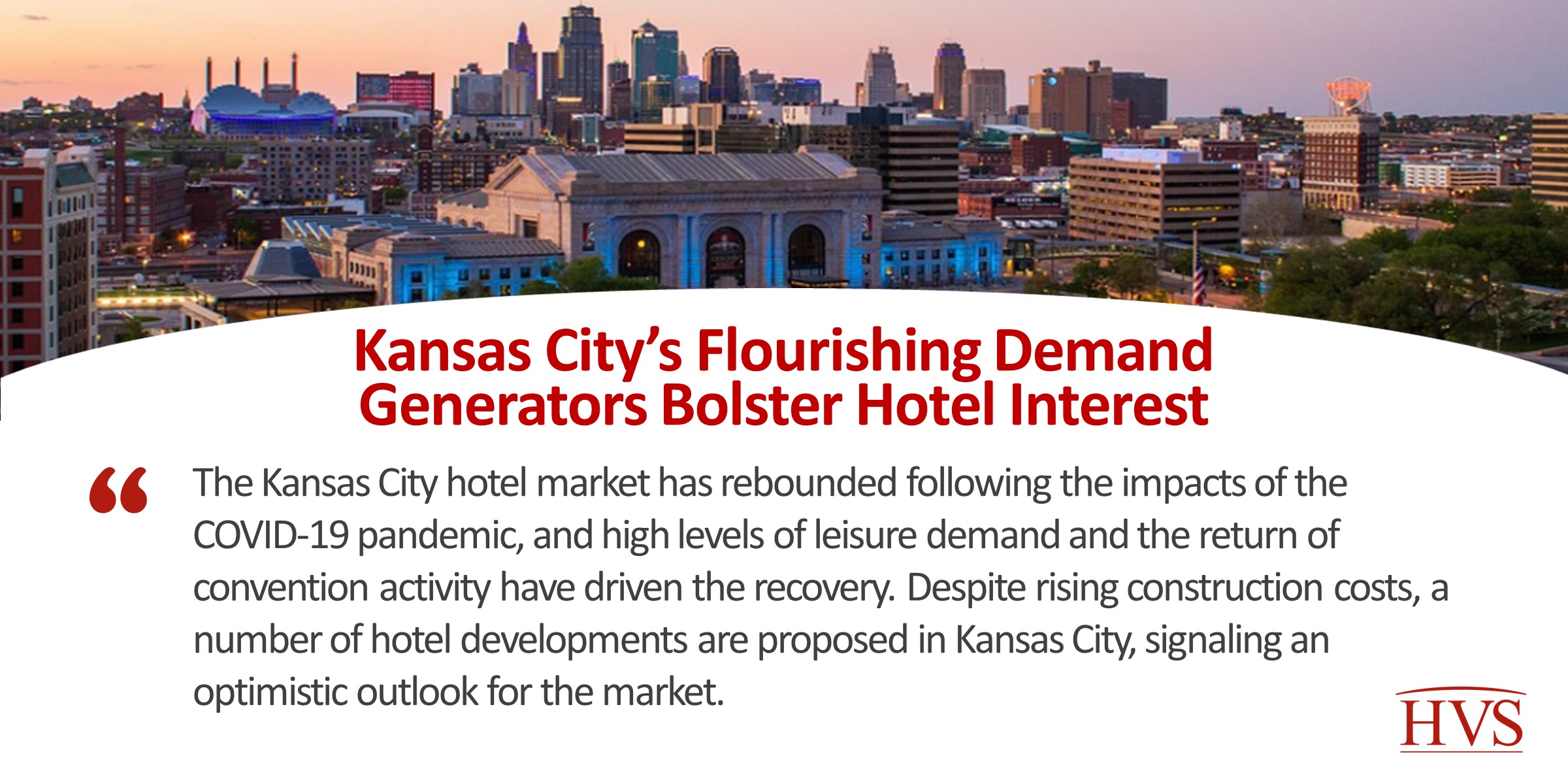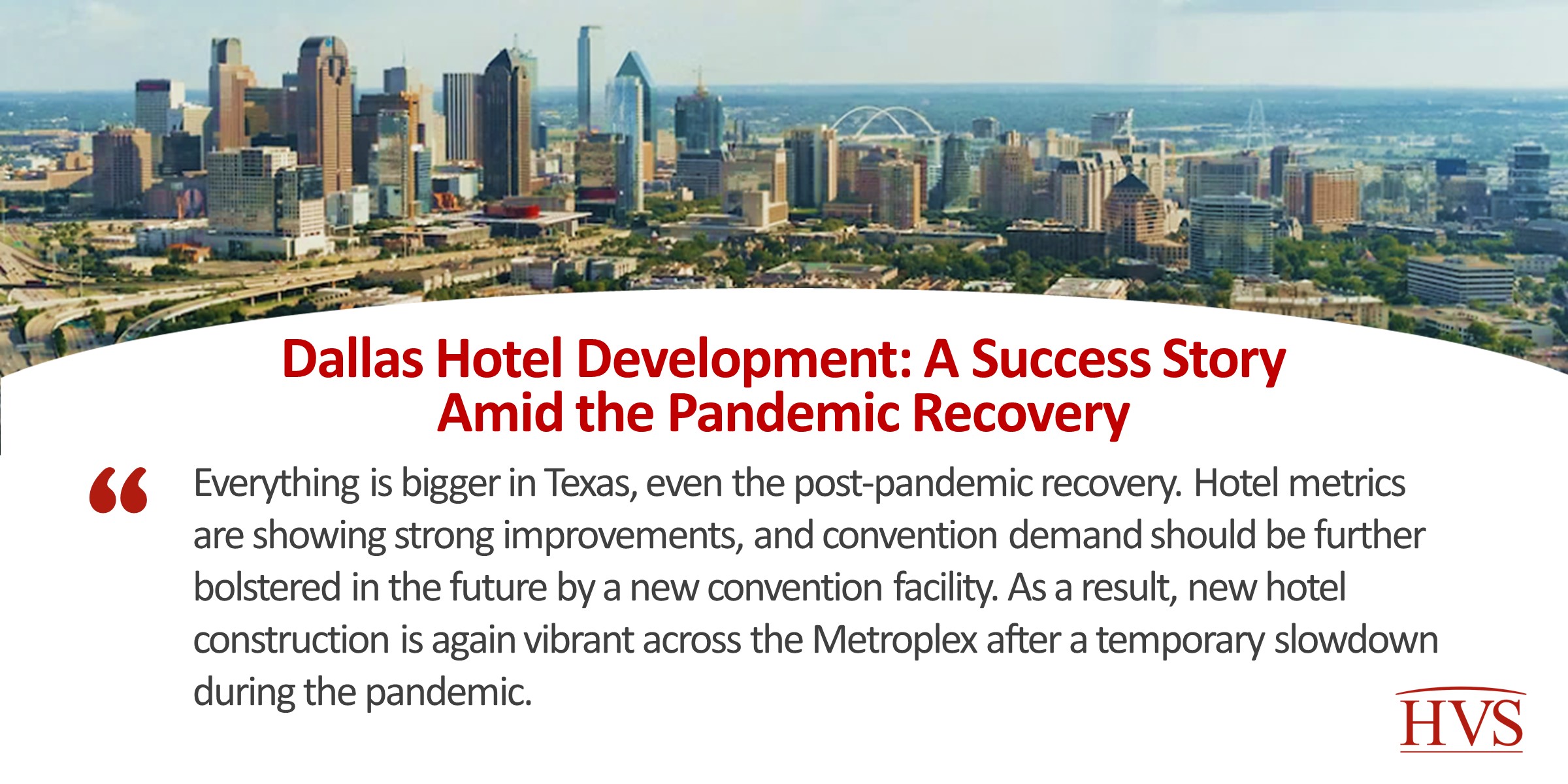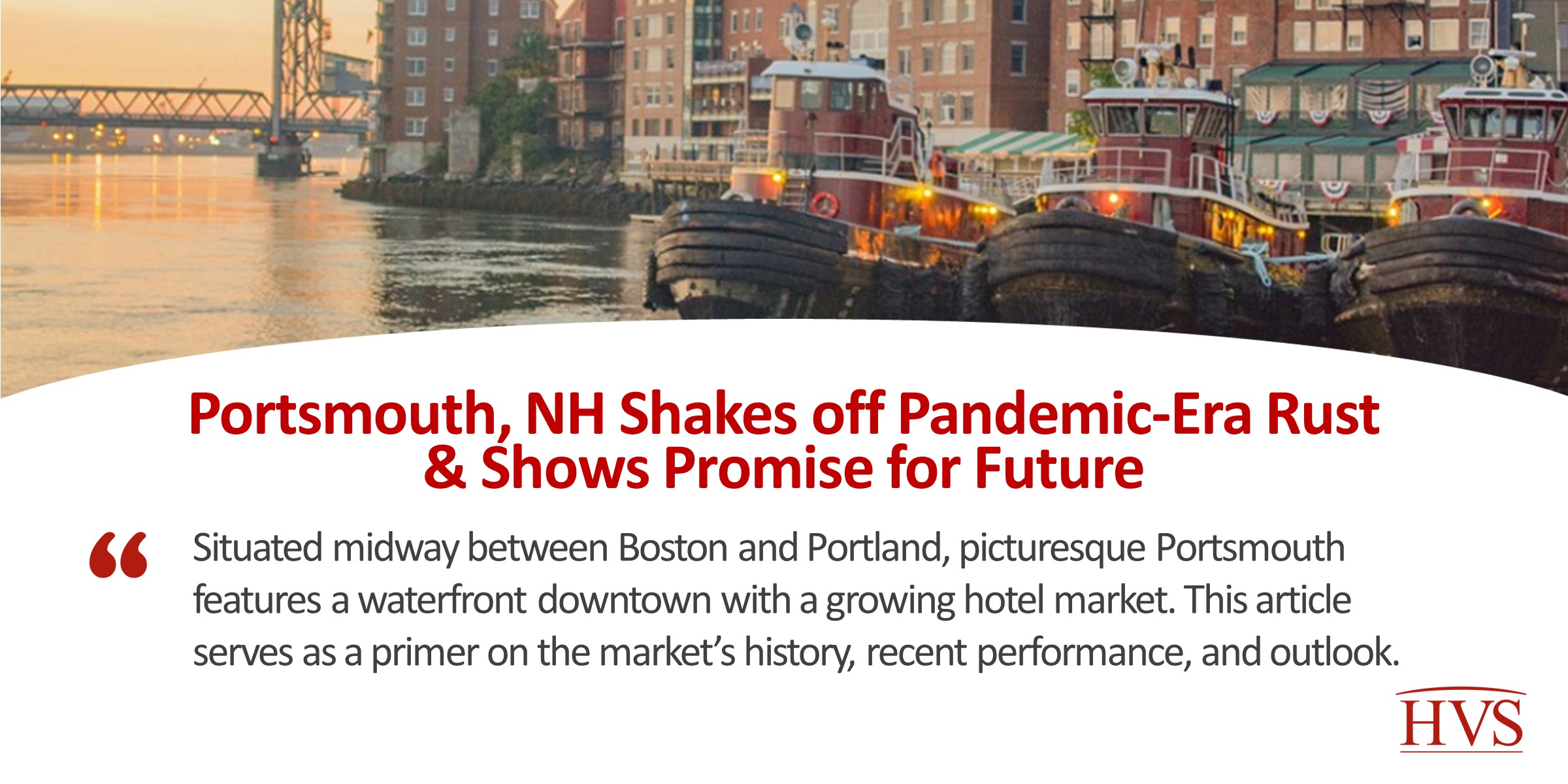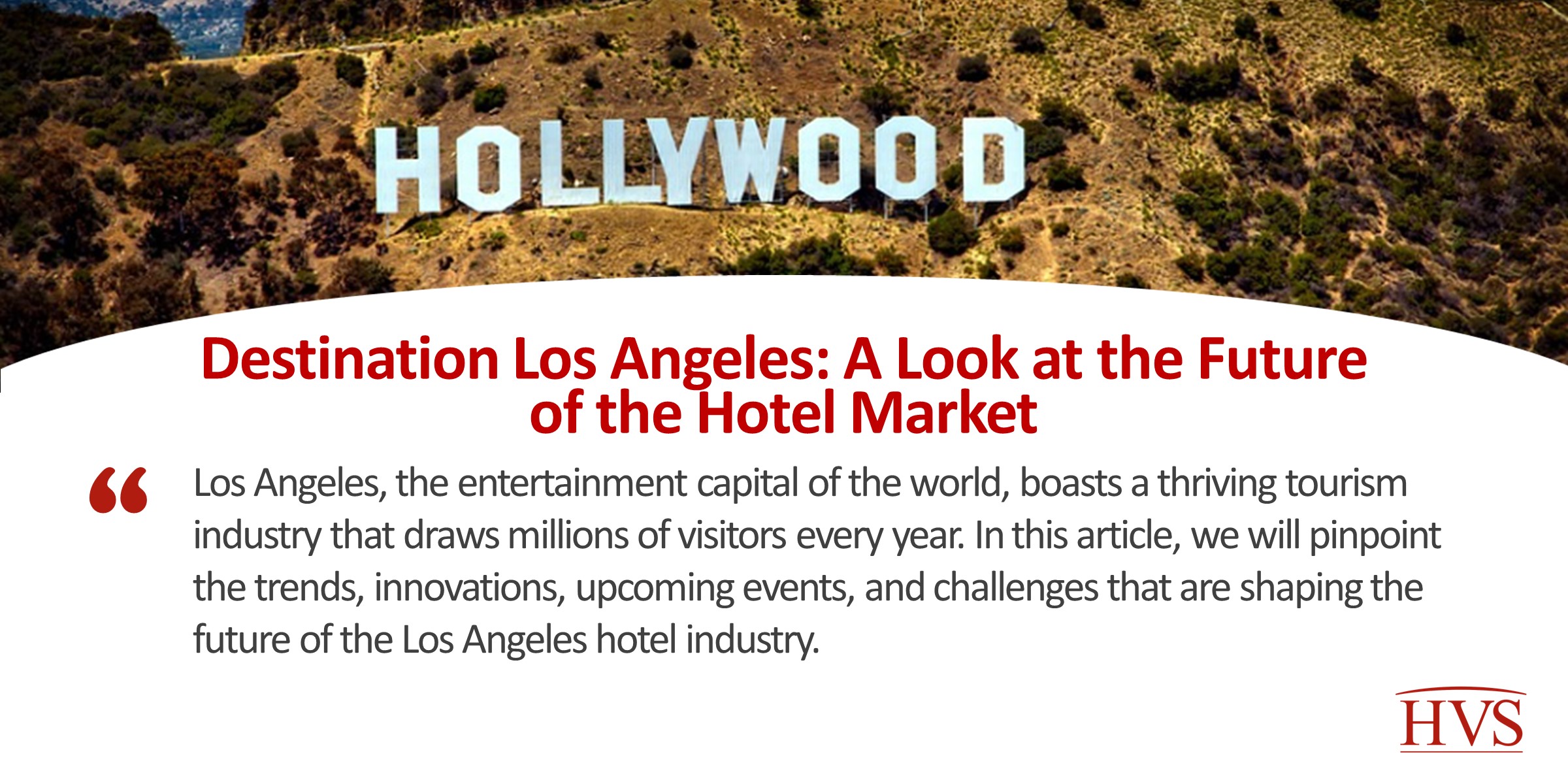The Eagle Ford Shale, America's second-largest shale field, has faced rising costs, a frenzy of mergers and acquisitions, and recessionary concerns since late 2022. Nevertheless, natural gas and oil production, as well as hotel performance and transactions, have increased in the market.

